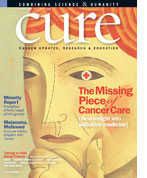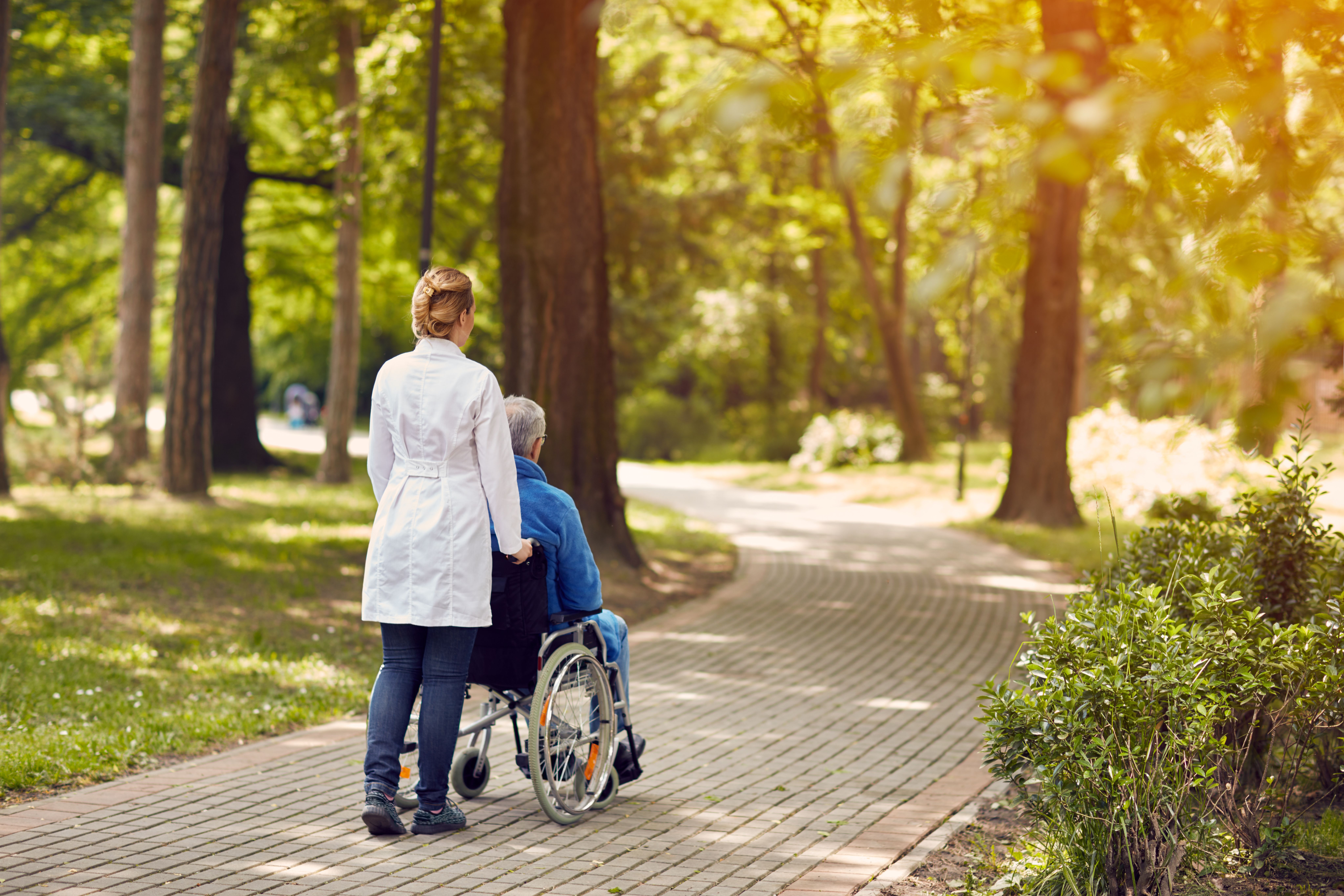Publication
Article
CURE
Intimacy Issues
Author(s):
Options for combating the physical and emotional effects of cancer treatment on patients’ sex lives.
For men and women, the after-effects of surgery and treatment often leave indelible marks upon survivors’ sex lives and relationships. That’s why marital therapists and oncology social workers say it’s wise to prepare for—or evade—these effects whenever possible.
Unfortunately, patients can’t count on every physician to lead the discussion. In a study reported last August in the journal Gynecologic Oncology, researcher Stacy Lindau, MD, assistant professor of obstetrics and gynecology at the University of Chicago, found that long-term female survivors of genital cancer described themselves as satisfied with their cancer care, but not as pleased with the information and instruction they received (or failed to) related to sexuality after cancer treatment.
While nearly 75 percent of women surveyed said they believed their doctors should have initiated a talk with them about sex after cancer, more than 60 percent of women who had “severe” sexual or reproductive organ compromise said their doctors never mentioned the sexual side effects of their regimen.
Chemotherapy can cause premature menopause that can result in vaginal dryness, ovarian failure, and libido changes. Lubricants can be used during intercourse, but for women who experience vaginal dryness separate from sex, products, such as Replens (polycarbophil) and Estring (estradiol), can increase moisture.
Most doctors advise women to stay away from estrogen creams that are absorbed into the bloodstream since increasing the level of estrogen in the body has been associated with increased risk of breast cancer. Androgen therapies have become popular to treat sexual side effects, but some studies have failed to show benefit.
For men, newer cancer treatment procedures and surgical instruments have made erectile dysfunction less common by preserving nerves and muscles, but most prostate cancer patients still experience erectile dysfunction following radical prostatectomy or external beam radiation. Testicular cancer patients may also experience sexual dysfunction.
Viagra (sildenafil), Levitra (vardenafil), and Cialis (tadalafil) are oral drugs that increase blood flow to the penis to allow a man to achieve and maintain an erection. Common side effects of the drugs include headache and indigestion. Other choices for men include a penile prosthesis or implant that is surgically placed inside the penis, scrotum, and pubic area. Testosterone supplements are another option, but are not recommended for men with prostate cancer.
Terrence Real, LCSW, a family and couples therapist in Cambridge, Massachusetts, says for the average male patient, it may not be easy or even possible to re-approach intimacy or sex with his partner. “His nerves may cause him to seek sex when all he really wants is reassurance—or some support from his partner,” says Real.
For both sexes, fatigue, pain, and physical inactivity can also impair sexual functioning, so experts recommend addressing these issues before using any product or medication.
No matter the treatment-induced insult, patients may experience psychological distress during and after cancer treatment, which can also decrease sexual interest and performance. Couples should talk about intimacy in a setting that allows for meaningful conversation without the pressure of sex. And experts recommend expanding one’s prior notions of both the sensual and sexual with new activities, such as couples’ massage.






